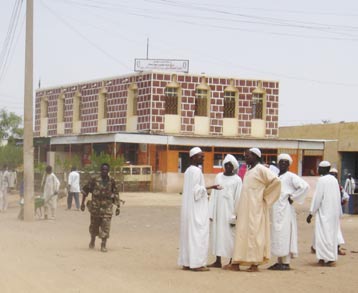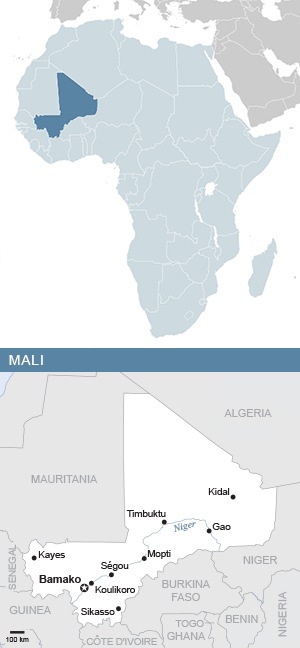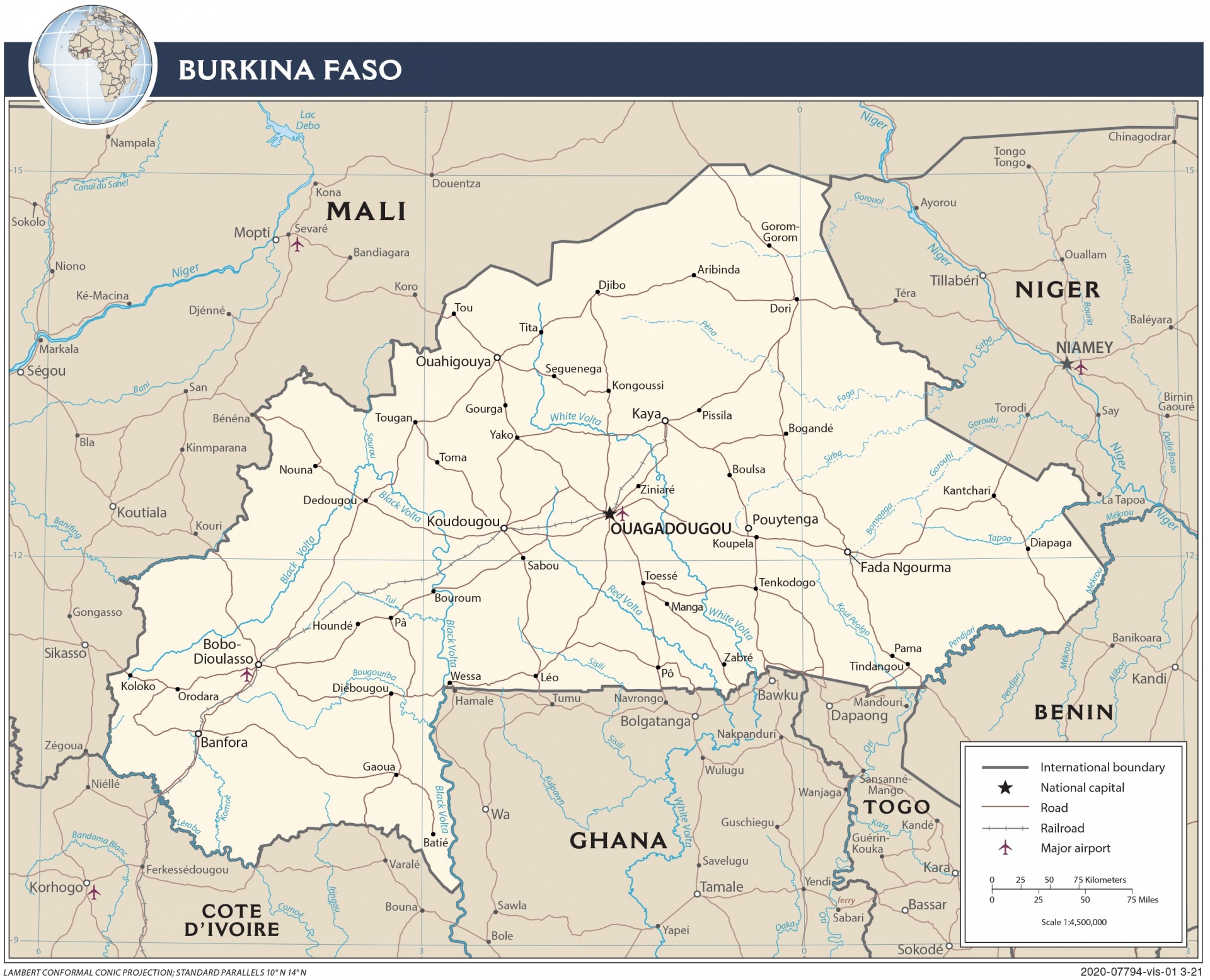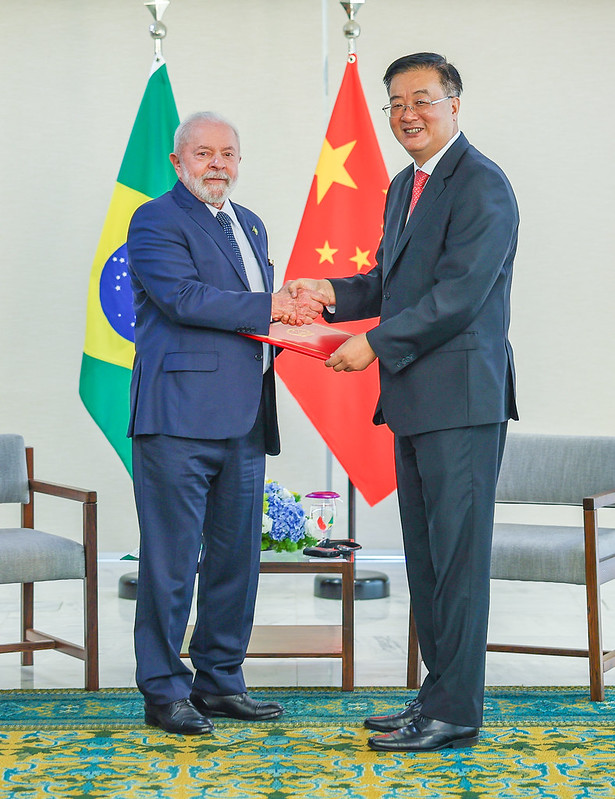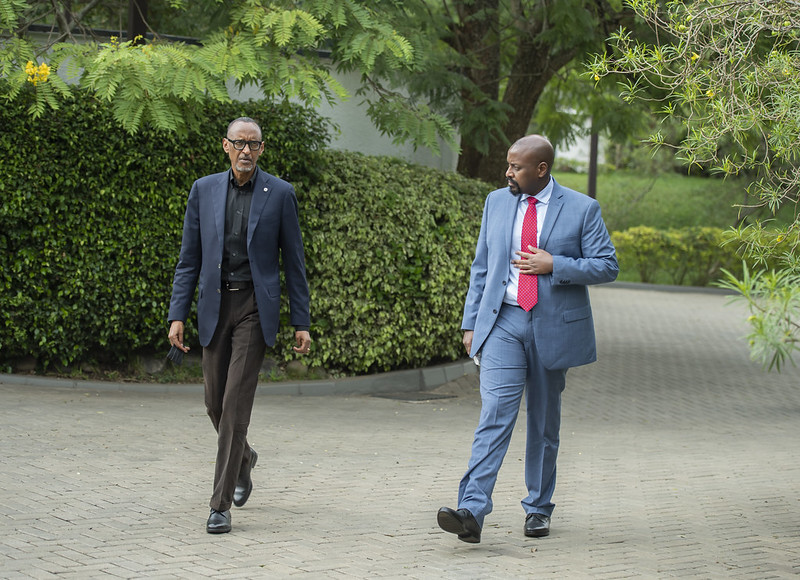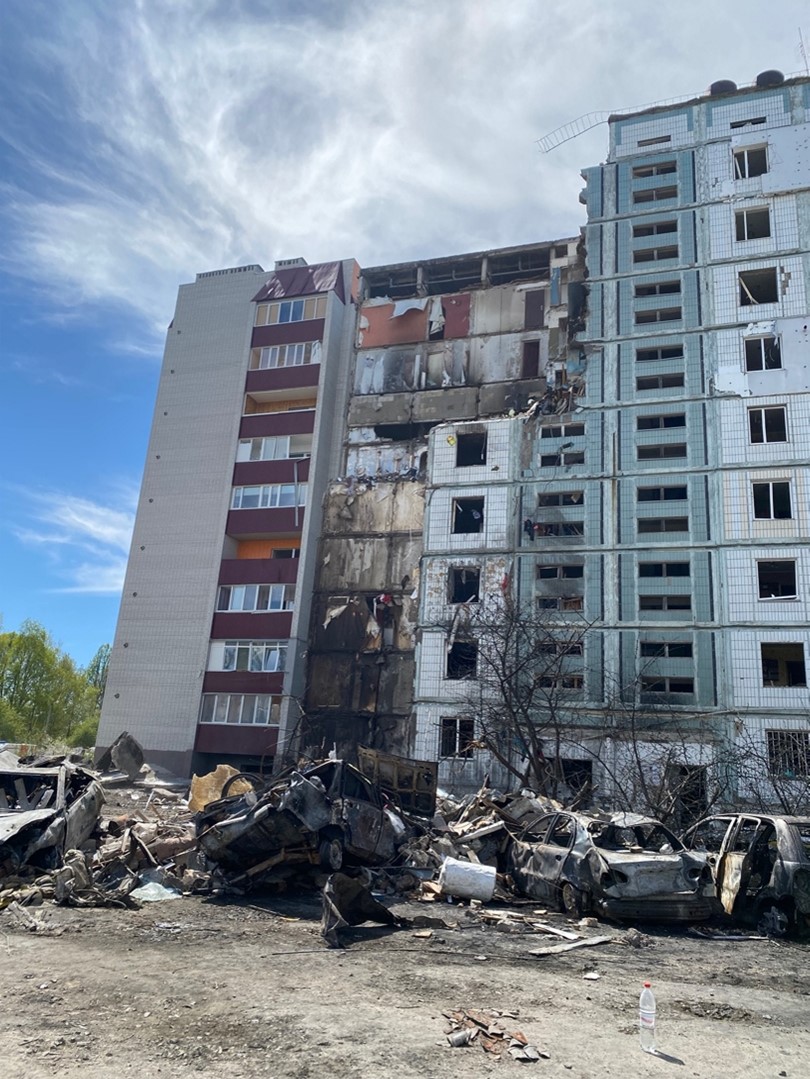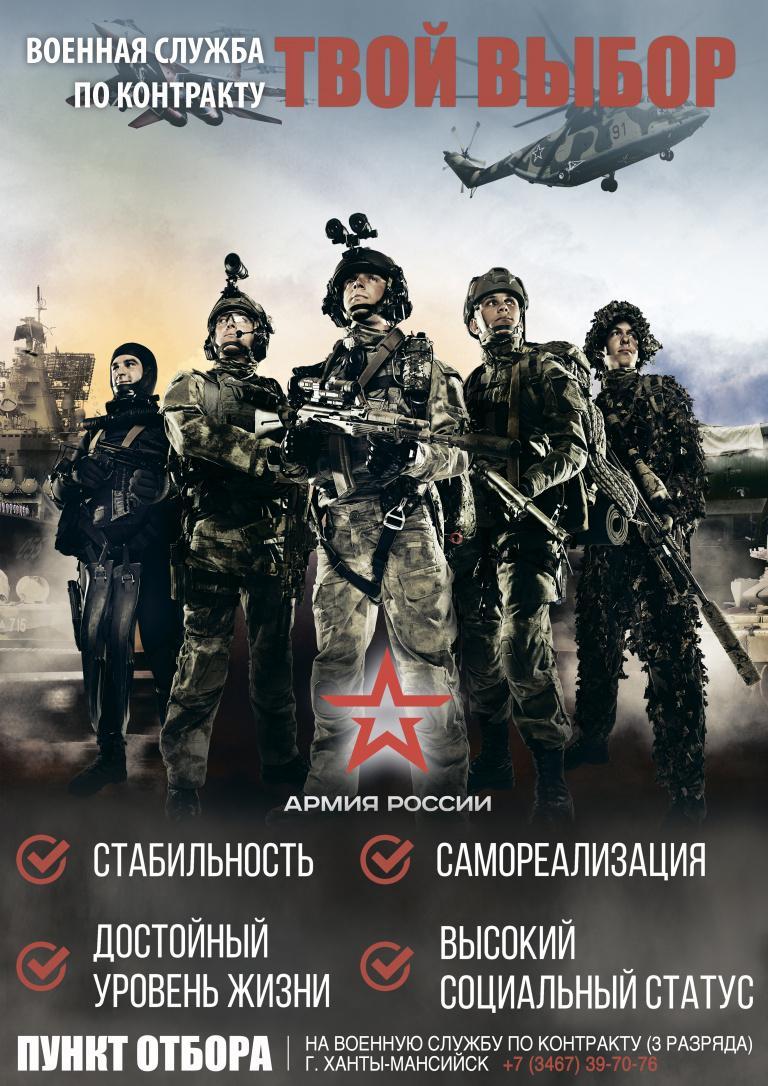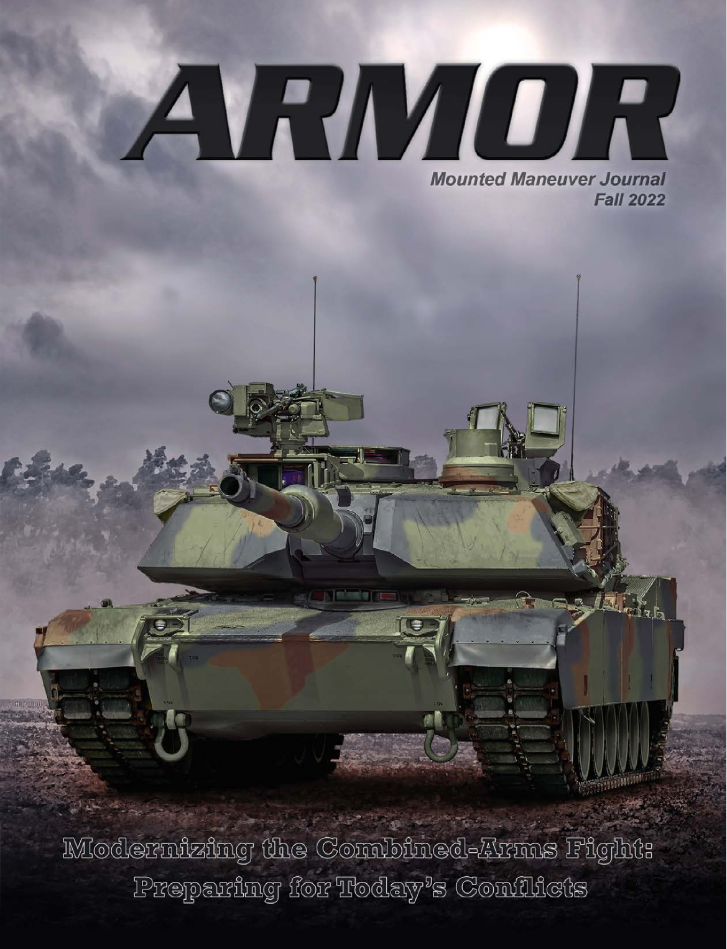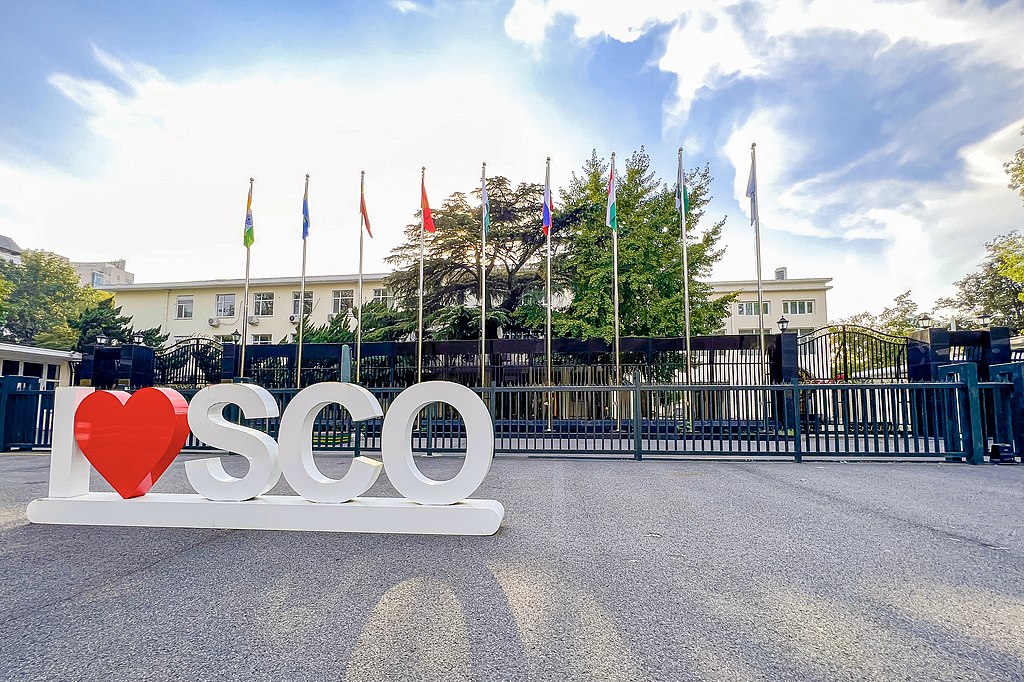
Shanghai Cooperation Organization Secretariat (2022).
“… The group’s expansion, however, should not be interpreted as meant to pose a challenge to the West, but rather as a means to provide an alternative…”
A growing number of Arab countries are joining the Chinese-led Shanghai Cooperation Organization (SCO) as “dialogue partners.” The SCO was established in the early 2000s as a mechanism for deepening political, economic, and security cooperation between countries of Central and South Asia. It has eight member nations (China, India, Kazakhstan, Kyrgyzstan, Pakistan, Russia, Tajikistan, and Uzbekistan) and over a dozen “observer” and “dialogue partner” nations, which may send delegates to SCO meetings and negotiate with the bloc on particular issues but do not have voting rights or official sway within the organization.
In the past year, Egypt, Kuwait, Qatar, Saudi Arabia, and the UAE have all been officially granted “dialogue partner” status, with Bahrain expected to follow suit. With this, roughly two-thirds of countries in the CENTCOM Area of Responsibility have joined the SCO in some capacity.[i] While these developments bear watching, SCO partnership is—at least for now—not necessarily at odds with existing security commitments and arrangements.[ii] Instead, engagement with the SCO is seen as part of a strategic diversification approach being pursued by Arab countries in response to emerging multipolarity. Arabic-language media largely sees these moves through an economic lens and as part of what the first accompanying excerpt, published in the Qatari-aligned daily al-Araby al-Jadeed, considers China’s “efforts to consolidate a new multipolar world economic order.” Arab countries’ interest in the SCO, however, should not be dismissed as a purely economic phenomenon bereft of potential strategic implications. According to a former Egyptian diplomat cited in the second accompanying article, published last September in the prominent Saudi daily al-Sharq al-Awsat, Russia will seek to use the SCO “as an additional point in its confrontations with the West.” Russian attempts to use the SCO for strategic leverage against NATO would likely cause friction within the organization, clashing not only with China’s more regional and economic focus but also with the strategic interests of other SCO members. Nonetheless, growing Russo-Chinese geostrategic alignment may eventually enable the SCO’s orientation to gradually shift toward global geopolitics, particularly if its membership begins extending beyond Central and South Asia. Especially noteworthy in this regard is Iran’s interest in full SCO membership (it is currently an observer country). This interest, combined with the recent China-mediated Saudi-Iranian détente, makes the SCO a potential venue through which Iran may seek to compete with the United States. Last April, Iran was for the first time invited to participate in the SCO defense ministers’ meeting in New Delhi. As reported in the third accompanying excerpt, from the pro-Iranian Lebanese media outlet al-Mayadeen, Iran’s Defense Minister called for the establishing of a “Shanghai Maritime Security Belt” and more broadly using the SCO to promote a “balance of power.” Iranian ambitions notwithstanding, the SCO remains an “alternative” rather than a “challenge” to the West, as articulated by an Indian journalist cited in the fourth accompanying excerpt, from the Saudi English-language daily Arab News. Still, in a competitive world, today’s alternatives may become tomorrow’s challenges. Present Arab involvement in the SCO remains limited and largely economic in nature, but the potential for this involvement to morph in a way that that erodes U.S.-Arab security partnerships, while not imminent, is worthy of consideration.
Sources:
“منظمة شنغهاي.. ترسيخ الصين لاقتصاد التعددية القطبية يتمدّد عربياً
(Shanghai Organization.. China’s consolidation of the multipolar economy is expanding in the Arab world),” al-Araby al-Jadeed (Qatari-aligned daily), 16 April 2023. https://tinyurl.com/muamystt
China is seeking to attract a larger number of economically active countries to membership in the Shanghai Cooperation Organization, as part of its efforts to consolidate a new multipolar world economic order.
“ماذا يعني انضمام 5 دول عربية إلى منظمة «شنغهاي»؟
(What does the accession of 5 Arab countries to the ‘Shanghai Organization’ mean?).” al-Sharq al-Awsat (influential Saudi daily), 17 September 2022. https://tinyurl.com/bdf9f2v8
Ambassador Raouf Saad, the former Egyptian assistant foreign minister and former Egyptian ambassador to Moscow, acknowledged that Russia will work to exploit the matter as an additional point in its confrontations with the West. However, he stressed the constants of Egyptian foreign policy, which refuses to “enter into alliances directed at the expense of its interests.”
“وزير الدفاع الإيراني: يجب تفعيل حزام الأمن البحري لمنظمة “شنغهاي
(Iranian Defense Minister: The ‘Shanghai Organization’ maritime security belt must be activated,)” al-Mayadeen (pro-Iran Lebanese media outlet), 29 April 2023. https://tinyurl.com/35dfp45z
Today, Saturday, the Iranian Minister of Defense, Brigadier General Mohammad Reza Ashtiani, proposed adopting the “Shanghai Maritime Security Belt” mechanism with the aim of maintaining the security of communication lines and collectively guaranteeing global trade with the participation of the armed forces of member states…
During his remarks at the meeting of defense ministers of the Shanghai Cooperation Organization member states in New Delhi, India, Ashtiani said that the achievements of the Shanghai Cooperation Organization “should promote global multilateralism and balance of power.”
“Middle Eastern participation grows in China-led security bloc as new countries join,” Arab News (English-language Saudi daily), 5 May 2023. https://www.arabnews.com/node/2298341/world
“It is a question of moving the weight or the center of gravity from the Western world — the US and EU combined — to the Eastern world, the place where the population of the world actually now exists overwhelmingly, the place where the fastest-growing economies are also present,” Suhashini Haidar, diplomatic editor at the English-language daily the Hindu, told Arab News. The group’s expansion, however, should not be interpreted as meant to pose a challenge to the West, but rather as a means to provide an alternative, she said.
Notes:
[i] Of the 21 countries in the CENTCOM Area of Responsibility, only eight (Iraq, Israel, Jordan, Lebanon, Oman, Syria, Turkmenistan, and Yemen) do not have any status in the SCO. However, Iraq, Israel, and Syria have all applied for dialogue partner status, while Turkmenistan has attended SCO summits as a guest attendee. That leaves Jordan, Lebanon, Oman, and Yemen as the only countries with no relationship to the SCO.
[ii] SCO partnership alone means little in terms of defense commitments: Turkey, a NATO member, is an SCO dialogue partner. Full membership in the SCO should also not be equated to membership in a defense alliance, such as NATO, given that both India and Pakistan are full members. Armenia and Azerbaijan, which have an adversarial relationship with one another, are both dialogue partners.
Image Information:
Image: Shanghai Cooperation Organization Secretariat (2022).
Source: N509FZ, https://commons.wikimedia.org/wiki/File:Shanghai_Cooperation_Organization_Secretariat_%2820220909162501%29.jpg
Attribution: CC 4.0

